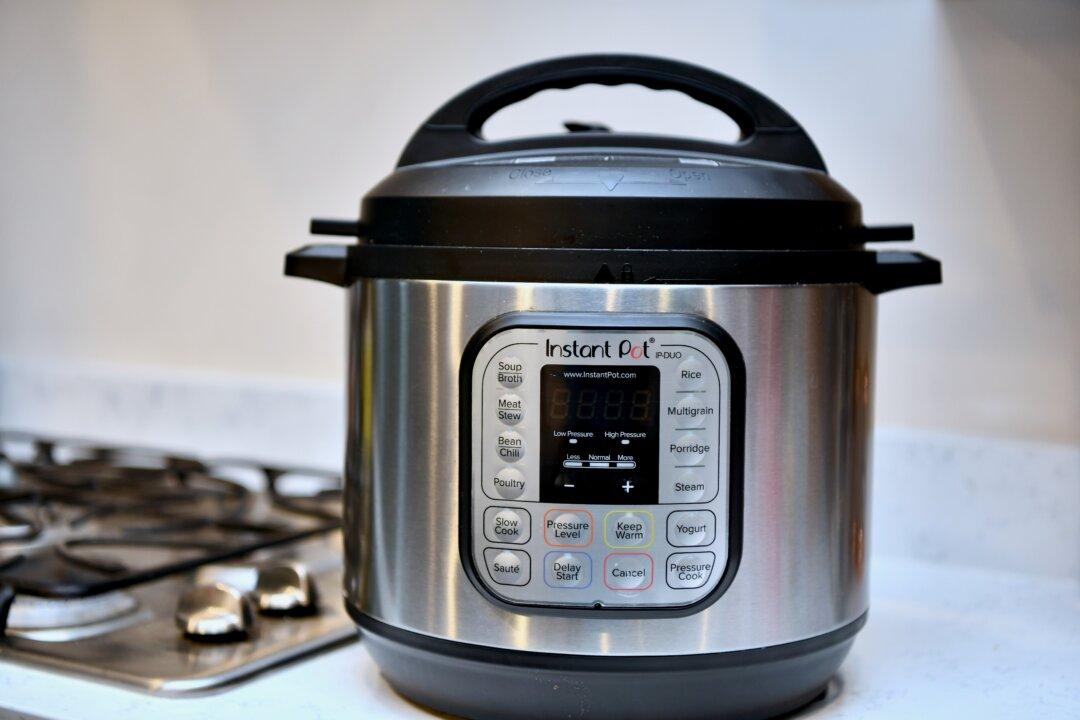Instant Brands, the maker of Instant Pot pressure cooker and Pyrex glassware, declared bankruptcy on June 12 amid sales decline.
The company filed for Chapter 11 bankruptcy with the U.S. Bankruptcy Court in the Southern District of Texas. Chapter 11 bankruptcy allows for a reorganization of the company rather than its liquidation in a Chapter 7 filing.




